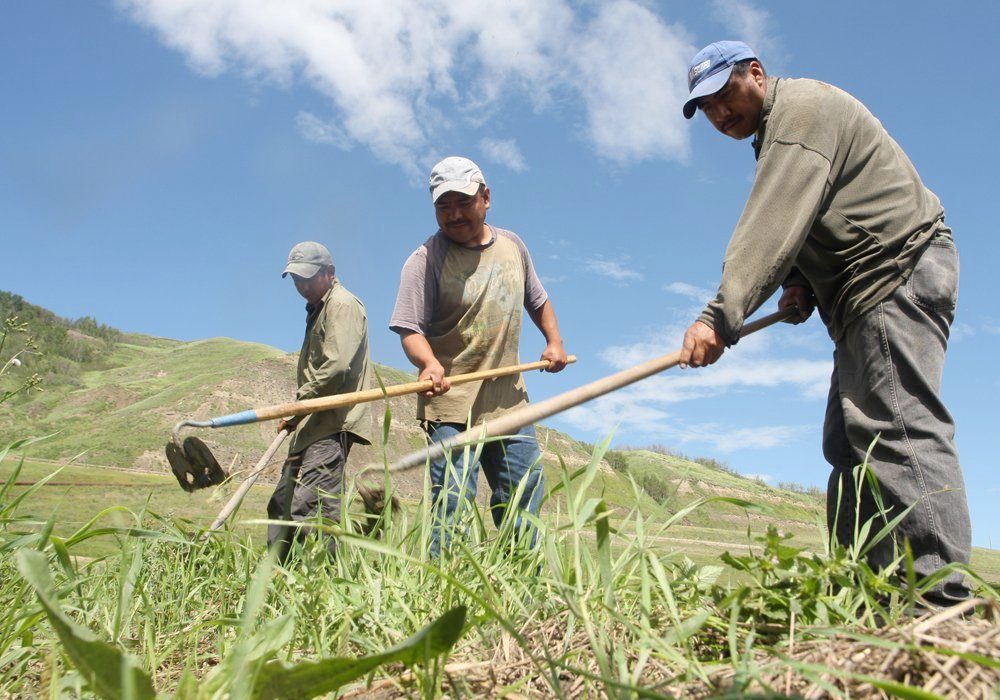Feds pathway to permanent residency program under fire

Migrant farm workers will be able to apply for permanent residency through a new federal program, but critics say the Liberals plan is flawed.
Essential temporary foreign workers and international graduates from Canadian schools will be able to apply for one of the 90,000 new permanent residences.
There are 30,000 spots dedicated to temporary workers in selected essential occupations, meaning farm and processing workers fitting the other criteria could qualify. According to the federal government, applicants must have at least one year of work experience in one of Canada’s pre-approved essential occupations.
Applications for the program are online via the Immigration, Refugees and Citizenship Canada website until Nov. 5.
Without permanent status, temporary workers in Canada aren’t entitled to the same rights as others making a living in the country. Access to alternative work, healthcare and education are often limited.
Advocates contend the new program is the latest in a series of public policy failures surrounding migrant workers. According to a report from the Migrant Rights Network that evaluates the program, arbitrary caps and tight timelines mean only workers in the “best situations” are able to apply.
According to the Migrants Rights Network, close to 500,000 migrant workers will compete for 50,000 permanent residency positions once the student quota is filled.
“This means that many of the same people the government has celebrated as essential, working in healthcare, farms, grocery stores, delivery, warehouses, cleaning and construction, will continue to be excluded,” write the authors of “Exclusion, Disappointment, Chaos and Exploitation: Canada’s New Short-term Immigration Pathway.”
A survey of 3,000 migrant workers found 61 percent would be eligible to apply for a position, but because of other criteria restrictions, about 75 percent of respondents wouldn’t qualify.
According to the Network, many migrant farm workers with gaps in employment would not qualify for permanent residency under the new program.
Language requirements are also being criticized. According to the survey, 67 percent of the workers don’t have proper language accreditations.
“This is especially of concern to non-English speaking migrant workers, including Spanish speaking farmworkers, who otherwise qualify but are being shut out,” the report says.
International farm workers located in rural parts of the country, meanwhile, are having trouble accessing testing centres already struggling to keep up with heightened demand.

